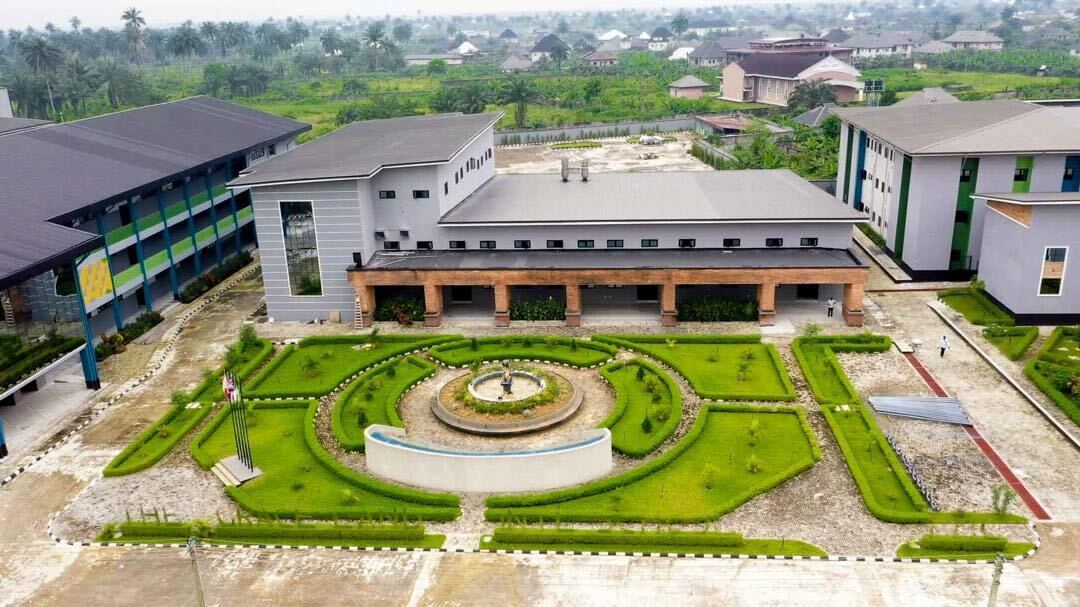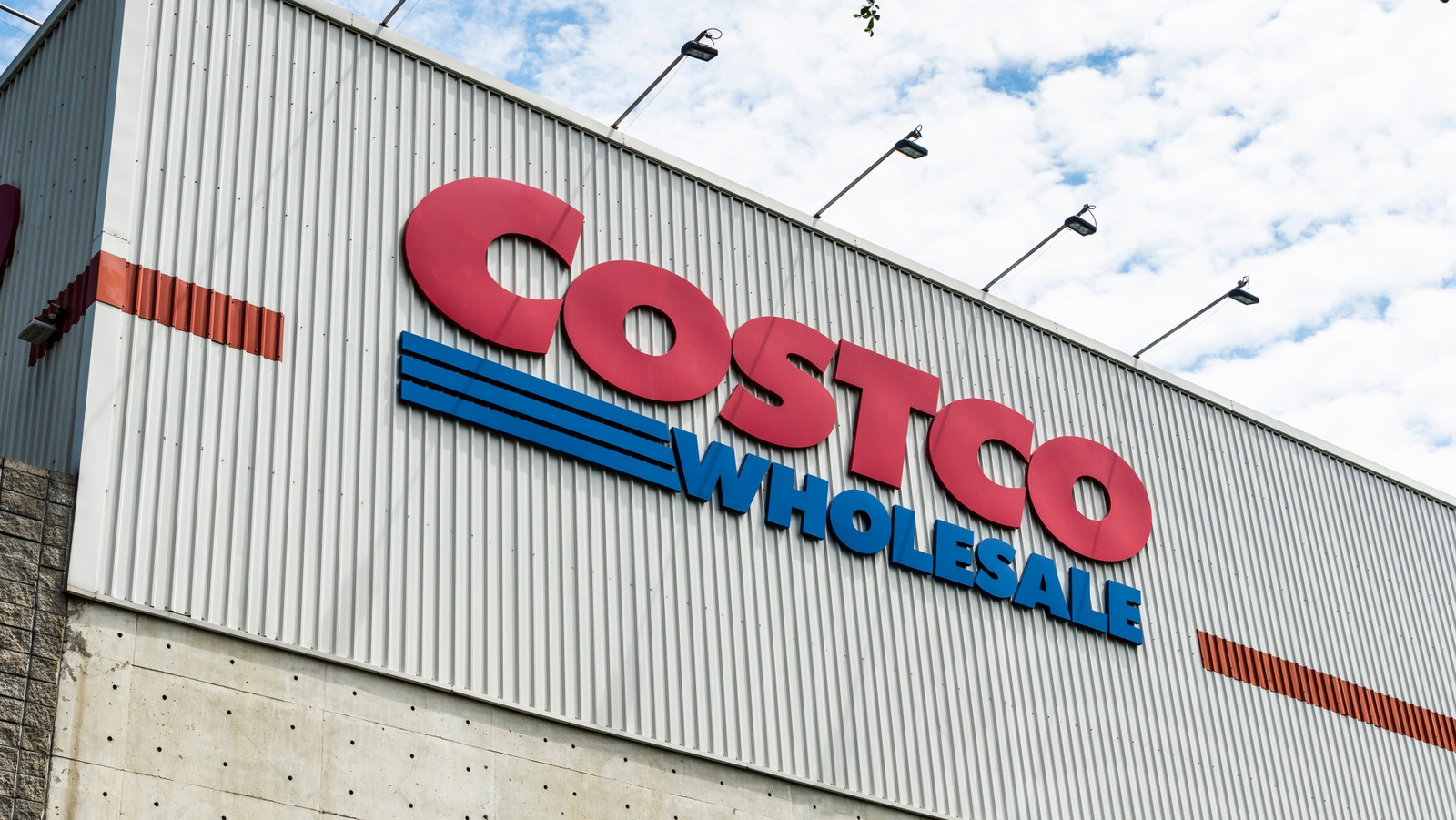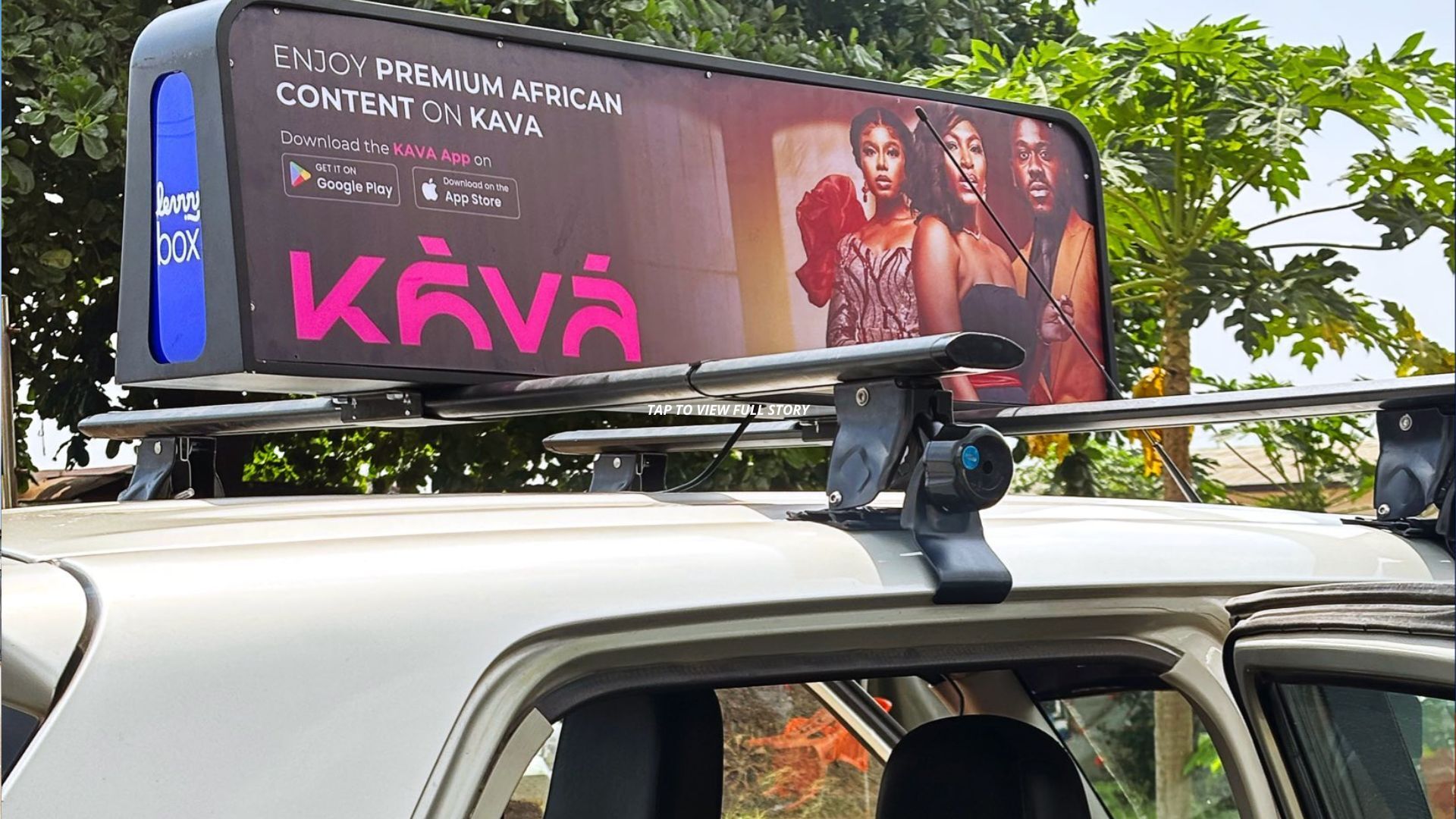When the news arrived, in October 2025, that a 15-year-old Nigerian secondary school student, Agbo Adoga, had achieved a perfect 1600 on the Scholastic Aptitude Test (SAT), it was like a mathematical miracle. In a country yearning to establish itself as the undisputed tech capital of Africa, this score was a clear signal of potential.
Adoga is a current SS3 student of Graceland International School, Port Harcourt, an institution whose name has become synonymous with academic dominance, particularly in mathematics and sciences. While the spotlight now shines on this new boy wonder, his perfect SAT score is not a random outlier in Graceland, but the zenith of a rigorous, decade-long pipeline engineered to push students to global competitive heights.
Image Source: Graceland International School
Founded in 2001, with operations beginning in 2003, and run by retired Group Captain and Mrs. Essien, Graceland’s mission, according to current school administrator Gideon Essien is “to provide qualitative education based on sound Christian principles.” The school is ”set up for students to consistently demonstrate academic excellence. We believe that at the centre of STEM is mathematics,” Essien says.
This mission is what Graceland alumni, former teachers, and administrators cite when explaining how the school produces mathematicians capable of outpacing their peers around the globe.
Adoga himself, speaking on his recent success, said: “I feel very happy and grateful for all the support I’ve gotten.”
Building the competitive machine
Graceland’s dominance in mathematical instruction can be traced to 2012, with the arrival of Mr. Daniel Isaac, a mathematics graduate from Obafemi Awolowo University (OAU) who was head-hunted to join the school.
“I received a call or recommendation, so I went there, and that was my first official place of work,” Isaac says.
He immediately introduced a structured curriculum designed to move beyond the national curriculum and co-established a research department with school administrator Essien. The goal was to train students from Junior Secondary School (JSS1), using advanced materials from global competitions like the American Mathematics Competitions (AMC) and even shortlisted questions for the International Mathematical Olympiad (IMO).
The result was a brutal but highly effective training regimen. 2015 alumnus Daniel Eromensele, who went on to study mechanical engineering, experienced this intense training firsthand when he was selected for the Cowbell competition team in JSS2.
“[We were] having extra math classes while still taking our normal [school] classes. Some Saturdays and during our holidays, we would come in the morning, solve math, and write exams. They gave us a lot of exams. I didn’t realise how intensive the training was,” Eromensele, now an engineer at ExxonMobil, says. But as a result of that training from JSS2 up until graduation, I never had to read seriously for math, because they taught us not just from the JSS curriculum, but up to the SS3 curriculum [while we were still in JSS 2]. The normal regular school maths became like writing one plus one. It was that simple.”
The ultimate validation of this model comes from Adoga himself, who directly attributes his SAT success to his prior competitive training: “I’m an Olympiad student, so this really helped me when it comes to math, not just for the SAT. So SAT maths wasn’t really that much of a problem for me.”
This early, rigorous exposure meant that by the time students reached Senior Secondary School (SSS1), they were already tackling university-level concepts. 2019 alumnus Nathan Nwachuku, CEO of Terra Industries, based in Abuja, describes the process as almost obsessive: “Graceland trains students [the way] the Chinese trains students: almost obsessively.”
Nwachuku, who excelled in the Robotics and Physics Olympiads while a student of Graceland, credits the school with building an intense work ethic and a profound belief in oneself, stating that normal national exams became “nothing” compared to the international standard they were being prepared for.
He attributes a lot of his success to Graceland’s research lab and supportive teachers. “The teachers push you to do more things than a typical secondary school. We built an automated lawn mower when I was in JSS 3. It didn’t fully work, but it was a really cool project. We also tried to switch the school electrical system from a manual system to an electric system. Projects like these were always happening. If you had big ideas, the teachers were always very open to supporting them.”
Nwachuku now manufactures drones in Nigeria, and says he is donating equipment to the school’s research lab because he’s “very passionate about helping the new, upcoming talent” from Graceland.
The reputation of Graceland’s model is what compels parents to enrol their children there. Mrs. Elomense Lizzy Adoga, Agbo’s mother, confirmed this was key in her decision, noting that Graceland was literally in front of her house and her first son (Adoga’s older brother) had already attended because of the school’s past successes. She explained that Graceland “goes the extra mile, because when I discuss with fellow moms [whose kids are in other schools], most schools don’t really look out for how they will [participate in all these competitions].” She adds that she loves the fact that Graceland trains children to “a level of independence where they are able to work on their own”.
Olatunde Ayorinde, currently a US-based Statistics Ph.D candidate and graduate research assistant, who served as the Head of Research in Graceland from 2016-2021 after his national youth service distills Graceland’s success into a three-part “executive summary”.
“Number one, build the basics well. Number two is tons of practice. The last thing that I would mention is continual reviewing,” Ayorinde, who was a two-time recipient of the National Best Teacher in Senior Mathematics Olympiads award during his time at Graceland, says.
According to Ayorinde, this commitment to iterative improvement—reviewing past textbooks, identifying what worked, and constantly raising the bar—ensured the pipeline of STEM geniuses in Graceland never stagnated.
Essien attributes the school’s success to a combination of factors including Rubik’s cubes and STEM clubs.
“We started [playing with] Rubik’s Cube about ten years ago, and we have not stopped. We encourage the children to play with it. Sometimes we organise competitions for Rubik’s cubes, and we have seen how it is developing both sides of the [students’] brain,” Essien says. “We run extracurricular activities. We have a robotics team, coding club, and we have a STEM lab”.
Students are also encouraged to work on research papers. Adoga, the boy wonder, is working on a “Sum-free Subsets in Finite Abelian Groups” paper under the supervision of a Covenant University Professor, in collaboration with Baum Tenpers Institute. Mrs Adoga, says he works on the paper twice weekly.
“Graceland partners with Baum so that we can focus on developing critical thinking skills, creativity skills, problem solving skills, and then we use competitions to test them, and to push them to their limits,” Essien says.
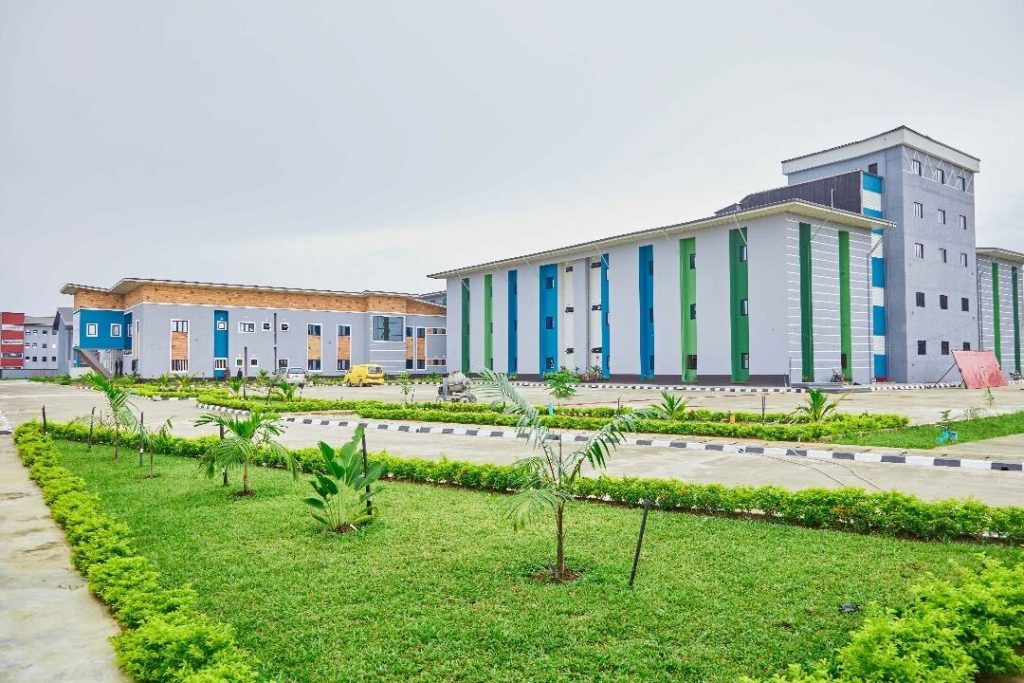
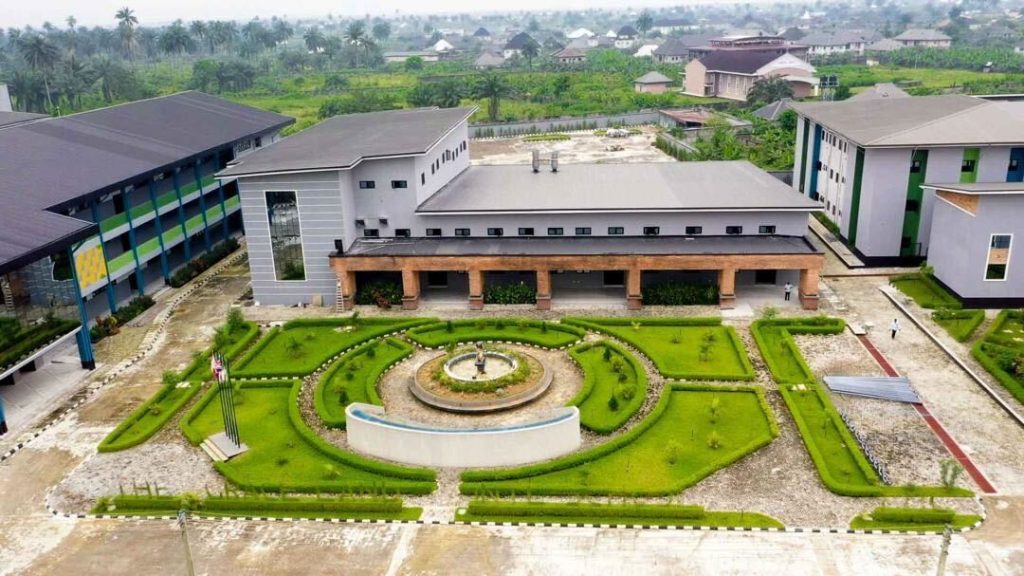
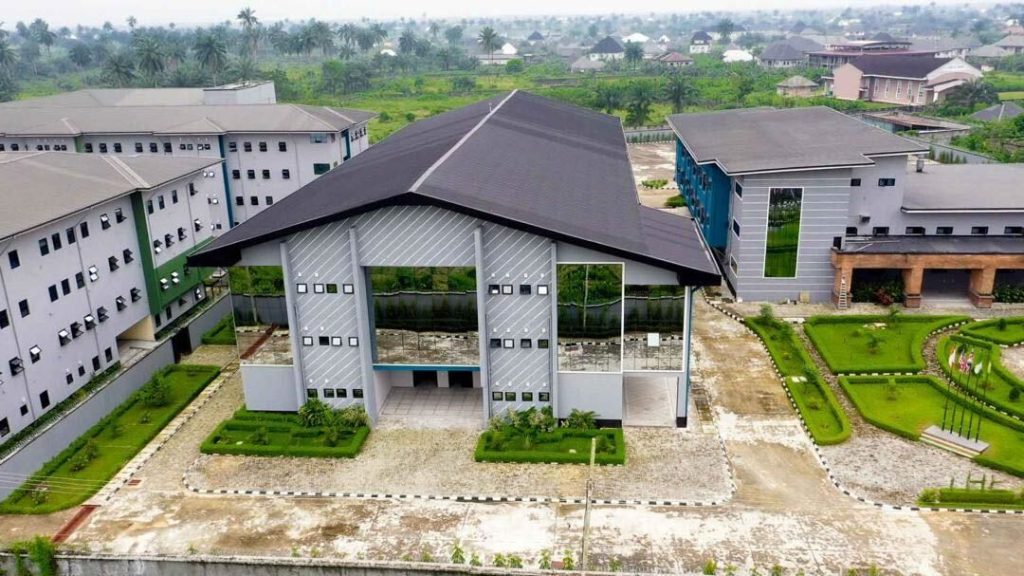
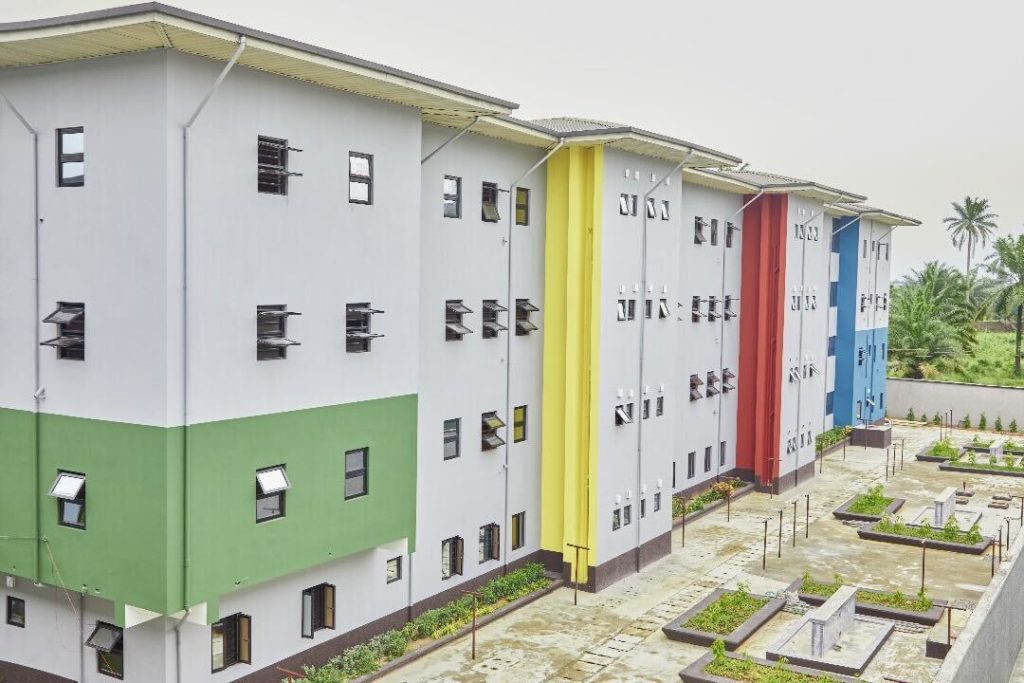
Image Source: Graceland International School
The “multiplier effect” and the trajectory of genius
The intense training is only half the story; the other half is the competitive culture that drives students to self-improve. This is a principle Essien calls the multiplier effect: “[As a student], you have to engage more during your holidays because you have to believe in the multiplier effect that the moment I leave it, it will leave me. So, I must keep adding a brick to that mountain [to be successful].”
This culture is fostered by celebrating academic excellence as fervently as any sports triumph. Nwachuku noted that students who won competitions were brought out on the assembly ground and featured on massive billboards and magazines in the school. Sometimes, it was declared a class-free day. “That was like a medal of honour,” Nwachuku says.
This system, which 2017 alumnus Williams Okeke, who is currently a Machine Learning/AI engineer, describes as celebrating excellence rather than the “everyone’s a winner” approach, drove internal competition.
Graceland alumni also speak to the exceptionally high standards the school demanded compared to peers in other schools. Eromensele recounts meeting a former average classmate who had transferred to another school: “When he went to the new school, everything was so simple that he didn’t understand how [he was] top of his class. That kind of showed that our standard [at Graceland] was really high compared to other schools.”
Crucially, Graceland understands that talent isn’t always obvious to every human eye.
Abraham Joseph, now a Ghana-based Math olympiad trainer, who joined Graceland as a Research Officer in 2020, believes his greatest gift is “to be able to spot out talents.” He highlighted a pivotal moment in his three-year tenure as research officer in Graceland:
“It was during the 2020 training program that I spotted a student named Jacob. At the time, he was not even among the top 10 students based on his school performance and had barely qualified for the National Olympiad round,” Joseph explains. “But his keen interest and drive were exceptional, so I started working with him. Due to his accelerated progress, Jacob went on to qualify for the South African Math Olympiad (SAMO) that same year, eventually placing among the top four students at the Africa level and ranking number one in Nigeria. This was a very big achievement for someone coming from nowhere, and Jacob became a role model whose success created a new trajectory that students like Adoga started looking up to.”
Joseph, who also mentored Adoga from JSS1, stresses the high demands placed on the teachers themselves: “Training students [for competitions such as the Olympiad], you don’t really have so many hands because it’s not all teachers that are willing to venture into this arena because of how challenging [it is].”
Joseph’s personal journey validates the difficulty he describes. Despite his engineering background, he admitted that when first exposed to the Olympiad questions, he found them “really, really challenging,” noting, “not because you are not that intelligent, but just because this is a different world of its own.” This difficulty sparked his own curiosity and resourcefulness, pushing him to go beyond standard teaching. Initially lacking dedicated resources, Joseph had to rely on sheer mental effort to master the material, confessing, “I remember I [stayed] on a [math] problem for three months just because I want to help, you know, get to understand this.” This self-driven commitment—solving problems to “learn the theory, rather than the reverse”—is the very philosophy Graceland’s competitive pipeline embodies.
Mrs. Adoga notes that Agbo’s mathematical aptitude started earlier: “Before Graceland, in his primary school, he was already also doing little competitions in the primary school era,” specifically mentioning Lindengates Academy in Port Harcourt. This means Graceland looks for students with pre-existing talent and aggressively amplifies it.
Lagos-based 2016 alumnus Princess Lisa Ogbechie confirms the quality of instruction: “I’ll say there were a good number of teachers who we can owe a lot of the successes to. Graceland had a way of actually picking very good teachers.” She notes that a number of her competition trainers were Master’s degree holders, first-class degree holders in mathematics, and one was a consultant in oil and gas, providing levels of exposure and resources far beyond the typical secondary school.
“One science fair, we built a weighing scale with magnets. As much as the students were very good and gifted, there were some levels of exposure that the teachers had that really put us over the edge. And most of the books that we got, all the advanced level textbooks, were from the teachers. A lot of them were masters degree holders. We had a hostel mistress who was a first class degree holder in mathematics— a very base level of exposure on the kind of people we had,” Ogbechie says.
From problem-solving to global tech careers
The focus on critical thinking has a clear translational effect on the students’ choices in university and career paths. The problem-solving orientation in mathematics naturally funnels students toward engineering and applied sciences.
Eromensele chose mechanical engineering because he loved problem-solving and wanted the “broadest engineering field.” Ogbechie shifted her focus entirely, moving from her initial interest in medicine to electrical and electronics engineering after her robotics team in Graceland won a regional World Robotics Olympiad. “The robotics competition that we won actually fueled me wanting to go into robotics full time,” she says.
Adoga’s aspirations perfectly align with this trend: “I’m looking at studying computer science and mathematics.” He credits Graceland for helping him define his path: “Before I entered Graceland, I was already drawn to areas like math, but Graceland showed me the options I had. It’s not like they particularly influenced me, but they helped me in the selection process.”
Okeke, who represented Nigeria internationally in Mathematics Olympiads, went on to study Mathematics and now works in the field of machine learning and AI as an LLM Engineer. He says “it’s built on top of mathematics, computer science and some of all these related ideas. They have a strong origin from mathematics.”
This legacy has also spurred alumni to give back. An example is 2016 alumnus Mmesomachi Nwachukwu, who co-founded the Special Math Academy (SMA) in Abuja with Okeke and other math geniuses to continue training Nigerian students in advanced math. SMA has successfully produced more top-tier students, including Adoga and Jacob. Nwachukwu, who studied mathematics at undergraduate level in Russia and data science at graduate level in Scotland, also attributes his academic and career choice to his training from Graceland. He adds that at his time in the school, students were encouraged to teach other students.
Graceland’s reputation now precedes its students. Essien notes that some institutions, including the University of Alberta in Canada, “give our [students] free application waiver because they want Graceland students to apply,” showcasing the global validation of the school’s pipeline.
Students are not the only ones with advantage. Many ex-teachers from the school have travelled out of the country with opportunities to further their studies and careers.
“Graceland’s reputation now precedes its students. Essien notes that some institutions, including the University of Alberta in Canada, “give our [students] free application waiver because they want Graceland students to apply,” showcasing the global validation of the school’s pipeline.”
Gideon Essien, Graceland Administrator
The human cost and the search for balance
Despite the extraordinary success, the Graceland model is not without its challenges and pressures. The intensive nature of the training, which involves prioritising work over play, is acknowledged even by the administration. Essien admits the environment is “very intensive,” characterised by “very little play. The play is probably 20% and the work is 80%.” However, he also emphasises that the school is now trying to be “more intentional about balance.”
However, Adoga’s discipline suggests the rigorous training instilled the necessary balance: he says his strategy for avoiding pressure is that he “avoids focusing on the big things I did, and I set my eyes on the next big thing.” He also says his experience with televised quiz shows helped him handle pressure. Mrs. Adoga commended this discipline: “I was very impressed when [my son] told me that he knows when he wants to play, and when he wants to work.”
While the school’s success is rooted in its dedication to STEM, this singular focus created a palpable bias. Okeke acknowledges this but links it to the school’s competitive drive, suggesting that the school only invests heavily in areas with clear external competition outlets. Nwachukwu elaborated on this, arguing the heavy STEM tilt is often a “Nigerian issue,” as the vast majority of available national contests are science-related. However, from the student perspective, the competitive environment was overwhelmingly technical.
“I can count the number of competitions that were directed towards art students,” says Ogbechie. “There was a creative arts competition, and I think there was a spelling bee. Besides those two, a huge number of competitions that we actually got internally were very STEM-focused. It was always sort of looked at as a disadvantage if you were in art class.”
Furthermore, the dedicated teachers who built the pipeline face systemic issues that plague the wider education ecosystem in Nigeria. Isaac and Joseph both cited the crippling lack of government funding for international Olympiad trips as a major demotivator. Joseph, in particular, left for Ghana in 2023, where he is now a team leader for the Ghanaian Pan-African Math Olympiad delegation, after years of frustration: “I think it was quite frustrating when there’s no funding for students. It was really, really discouraging.” This brain drain highlights the precariousness of sustaining world-class talent development when core national infrastructure fails to support the final stage of international competition.
This lack of institutional support led to a direct appeal from the parental community. Mrs. Adoga pleaded for government action, as there has been no representation from Nigeria for the International Math Olympiad for some years. “That’s what we are soliciting and hoping for, because a lot of children work hard.”
Given the lack of government funding, the community’s support becomes critical. Essien stresses the importance of parental “buy in” and the collaboration required to cover the extraordinary expenses, which is where the Parents, Teachers, Association (PTA) steps in:
“The PTA of the school is also very [important] because they have supported STEM. [They give] incentives and rewards to teachers. These competitions are very expensive, and they are not supported by the government. A trip abroad for a competition may cost between ₦3-5 million. The PTA has sponsored teachers [and students for the trips], and the training of teachers. It’s a community effort.”
Mrs. Adoga describes the intense collaboration required: “Whenever there’s a competition, the school creates a forum with the research teachers and the parents. So for every competition, we get all the information everyday. And then the planning starts. Most of the groups you are in, every child goes [for the competition]…the parents always make sure that their wards be part of the program.”
While Graceland is known for its STEM talent, Nwachukwu argues this is often a “Nigerian issue,” as most available external contests are STEM-related. The school, in its competitive spirit, has also produced successes in other areas including essay competitions. Nevertheless, the priority remains clear, and the Research Department continues its mission to “continuously improve” the curriculum, as evidenced by Akinboboye Oluwademilade, who tutored Adoga for his perfect SAT score while currently serving as the Head of Research.
The success achieved by Adoga, alongside the continuous stream of Olympiad medalists, transcends a simple academic victory; it provides a tangible answer to a critical national challenge. The deep mathematical rigour taught at Graceland—moving students from “basic arithmetic to combinatorics, number theory, and advanced algebra,” according to Essien—is the essential, often-overlooked foundation required for Nigeria’s ambitious tech and AI sectors. As alumni like Okeke confirms, the competitive mathematical pipeline directly feeds into the complex, problem-solving demands of modern technology. If this intense, community-supported model can be adopted and sustained across Nigeria, the pipeline of world-class mathematical talent flowing out of Port Harcourt could become the national standard for the next generation of African tech leadership.

